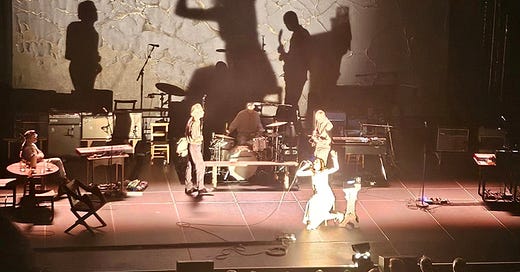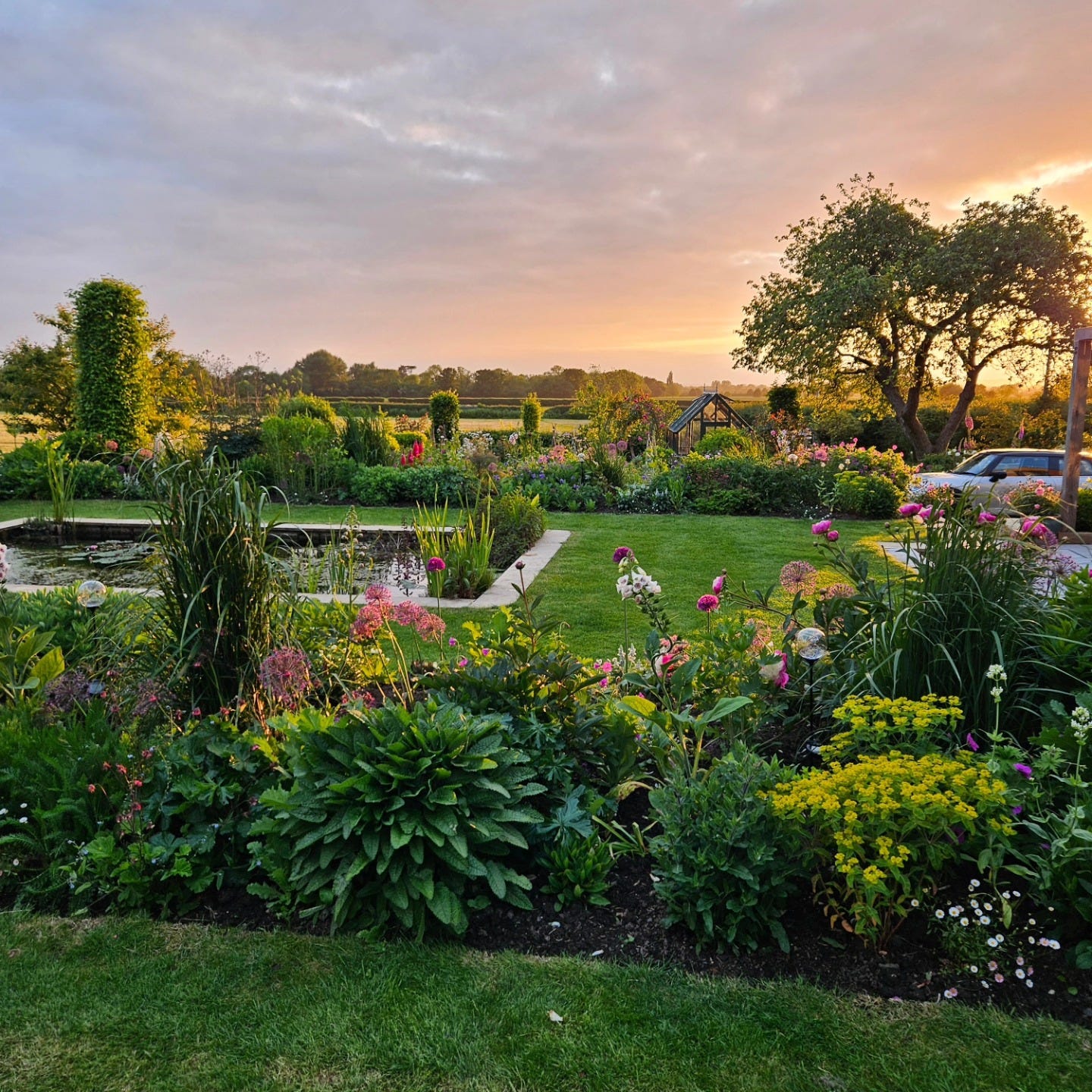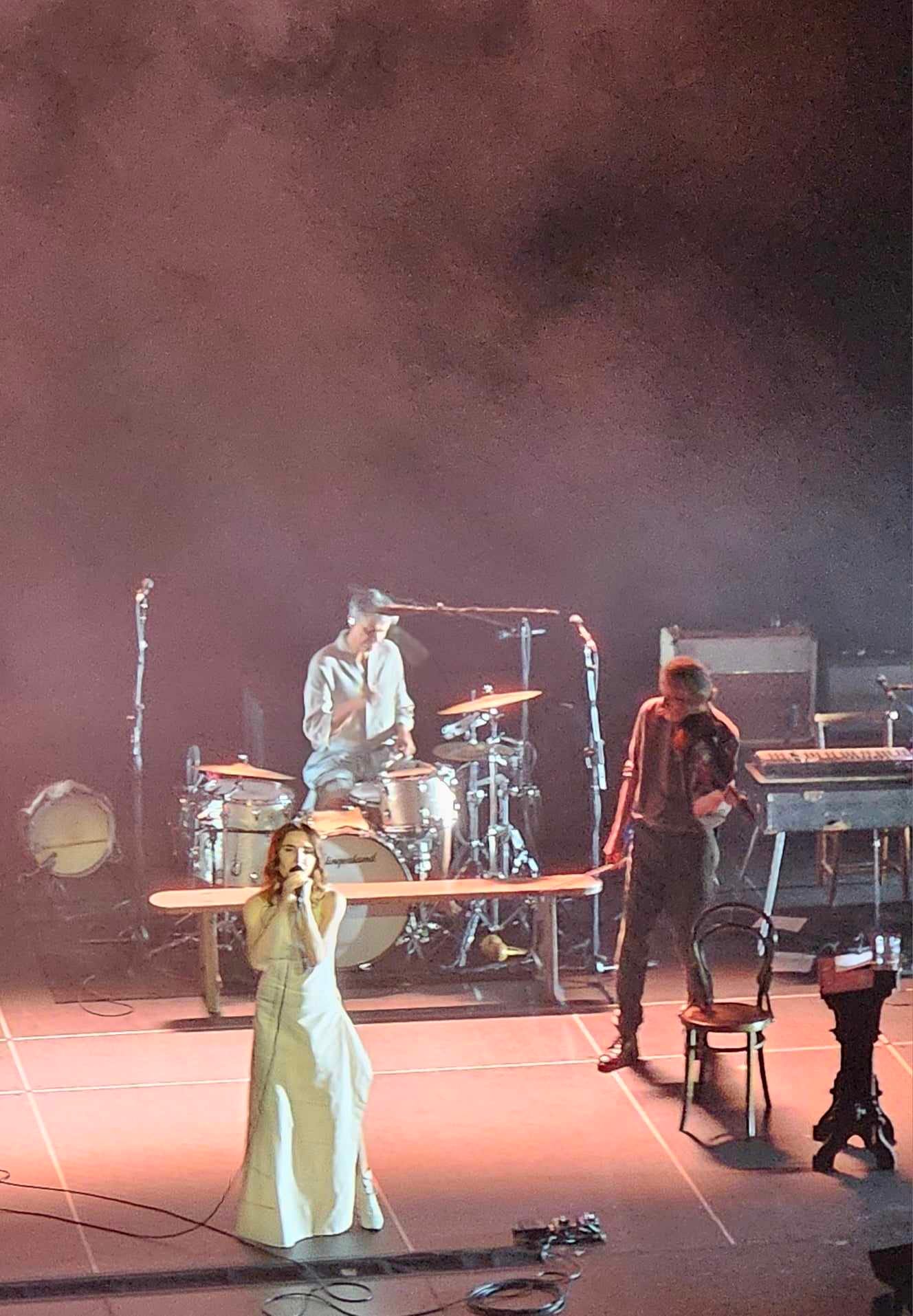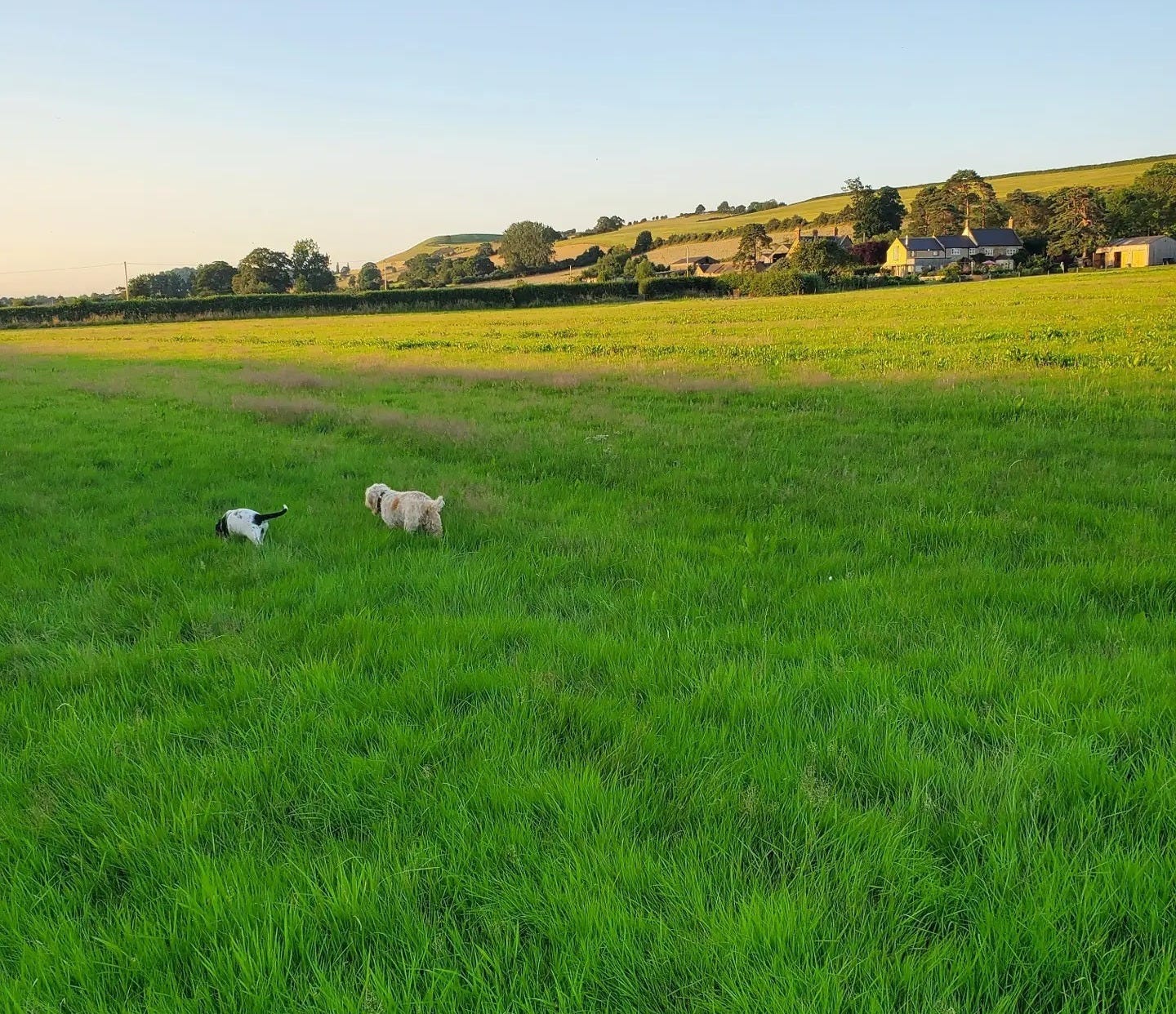Yesterday when I got to work, I put PJ Harvey's record "Rid of Me" on my iPad to listen to while I waited for the kids to file into the classroom, because I had been to see her perform the previous night and I wanted to think about her music some more.
I'm coming up man-size. Skinned alive. I want to fit. I'm not afraid of it...
Now, if I were more in step with the times, I would have put earbuds in and had a more private reverie, but I didn't have to, since all my students had them in for me. Thus they didn't have to think, "Gee, what weird music the Prof listens to," because they were all lost in their own private musical landscapes, and even if they had heard it, I am sure it would have been indecipherable to them. Like hearing a symphonic tone poem, or plainsong chanting, or Arabic, even. Literally not legible in any way at all.
I measure time. I measure height. I'll calculate my birthright...
In short, there is no way that "Dry,” or “Rid of Me" could meet them on their own turf like it once met me, i.e. screaming, and whispering also, in a fashion both sinister and glorious, hail fellow well met. Oh, the shock, the magic, the devastating recognition…the cold-blooded nerve of a girl who was willing to both mock and appropriate the vocabulary of male domination. It was like being shoved between the shoulder blades and told to wake the fuck up. I can viscerally remember turning the volume knob up and up and up at the start, til suddenly it bellowed into my ears, "Don’t you wish you wish you never met her?" a full two and a half minutes in to that song. She was enraged about so much that was so enraging and so was I but I might not have known it until that exact moment.
Now I am listening to it again at 9 AM in a college classroom. I looked around at all my students with those awful white things sprouting out of their heads like shiny mushrooms. What were they listening to? Charli XCX? Troye Sivan? Travis Scott? Chappel Roan? Whatever it was, there's just no route from there into PJ Harvey's music, especially her latest album, "I Inside The Old World Dying," which is a strange, almost delicate, set of sounds that are meant to illustrate her book-length poem Orlam, about a child’s life in rural Dorset and the strange, sometimes violent, and always unsettling things that lurk there. Or rather, there may be a way in, but it is on a very, very narrow path, full of thorns and brambles, if not worse.
If there was another way in, it might have been via her show at the Masonic, at which she was able to perform the music on the record in a way that opened up a so we could bushwhack our way into it with her. The show started at 8 PM on the dot, as if it had been tied to the bells tolling in Grace Cathedral outside the venue: at that signal, she and her four-piece band walked on stage to the recorded sound of birdsong. It is an unusual set of songs, for sure, very different from previous work; it felt, to me, like she was sitting on the banks of her own career and letting it bathe over her, while she sang of chalky cliff sides and loamy burrows, of green lanes and crickets, of owls and hedges and water and weeds and the wind. It was vivid, but also obscure, as lyrics like “Drush repeats enself/over underwhelem/croopied in the reames/shepherd gurrel weaves” don’t reveal themselves entirely. That’s half the charm. On stage, PJ Harvey seizes your imagination and binds it tightly to hers.
She has always drawn on the ideas behind old folk music rather than the sonics of it: her songs’ subjects recall ancient murder ballads like "Knoxville Girl," and Dolly Parton's more modern response to that, "Down From Dover,” but the way she inhabits them here is not quite the same: sonically it sounds shaven, and her lyrical approach is that of English poets, like Housman or Keats, drenched in similar imagery. Like, From Clee to heaven the beacon burns/the shires have seen it plain," or, And this is why I sojourn here/Alone and palely loitering/Though the sedge is withered from the lake/And no birds sing. That’s more the language of Polly Harvey - only now she’s saying it in dialect.
“I Inside the Old World Dying” is a hard masterpiece, but it only took up half the show. After the band performed “The Colour of the Earth,” from “Let England Shake,” a desperately sad ode to old comrades in World War I, she moved into a set which drew more from that album, and from even earlier ones. "Let England Shake," was about the horrid consequences of war, concluding with a most scathing condemnation: "pack up your troubles/and let's head out/to the fountains of death/to splash about." Now she is interested in a more minute examination of her homeland’s travails; its more elemental history and its natural contours, its fields and fallows and faeries, its more mysterious history. And so she walks, singing, across the surface of her county, but as the show continued, it was as if she went emotionally backwards in time, digging deeper and deeper into the world, diving down into the hole of regrets and fear that we hear on songs like "Man-Size" and "Come On, Billy," and "To Bring You My Love."
Oh, but how clumsily young people must use music in order to express their feelings of rage and fear and lunacy. Polly did it better than most, though, and as it was then, it is now. The sheer size and weight of the feelings in songs from “Dry” and "Rid of Me" are still shocking to hear emerging from that tiny frail body, and that is the sound that I think would frighten my students. Back then it was fashionable to sound harsh and look shattered, and hers was a memorable performance of that stance, but what she does now is more sophisticated and measured, and if not warmer, at least richer – in tone, in thought, in imagination. It is more mature and more beautiful. Anyway, however obscure and bizarre and noncommercial it is, we who love her unconditionally will willingly go and think her thoughts for a while, and what greater success could an artist have?







